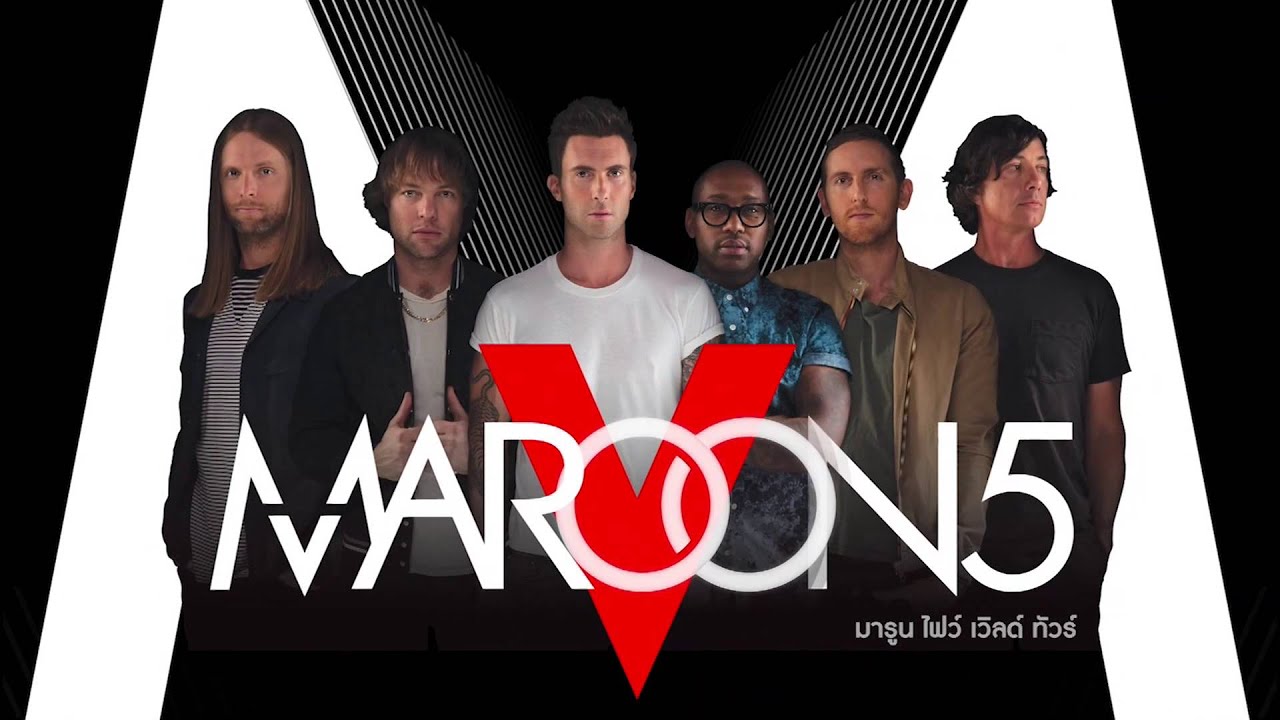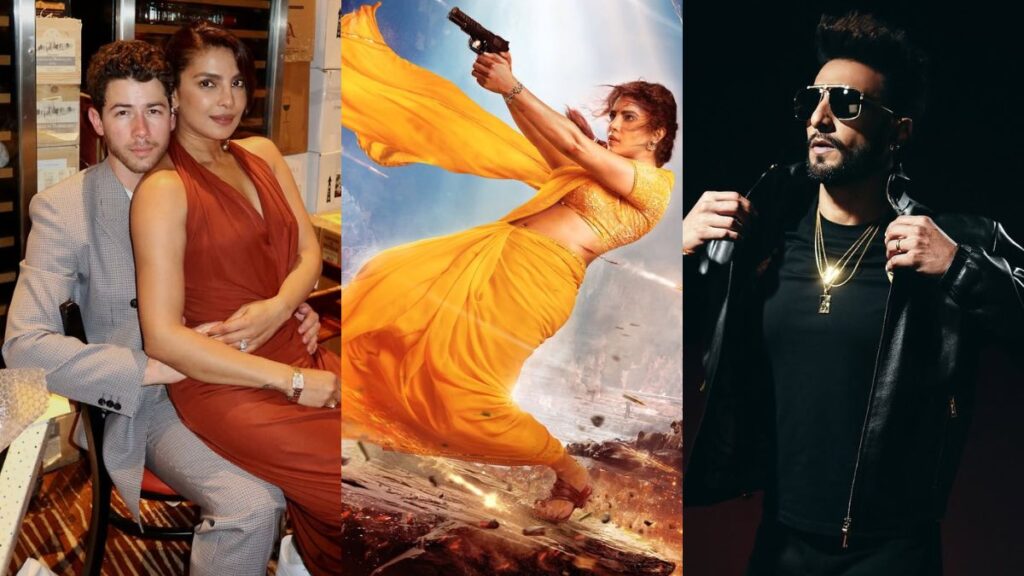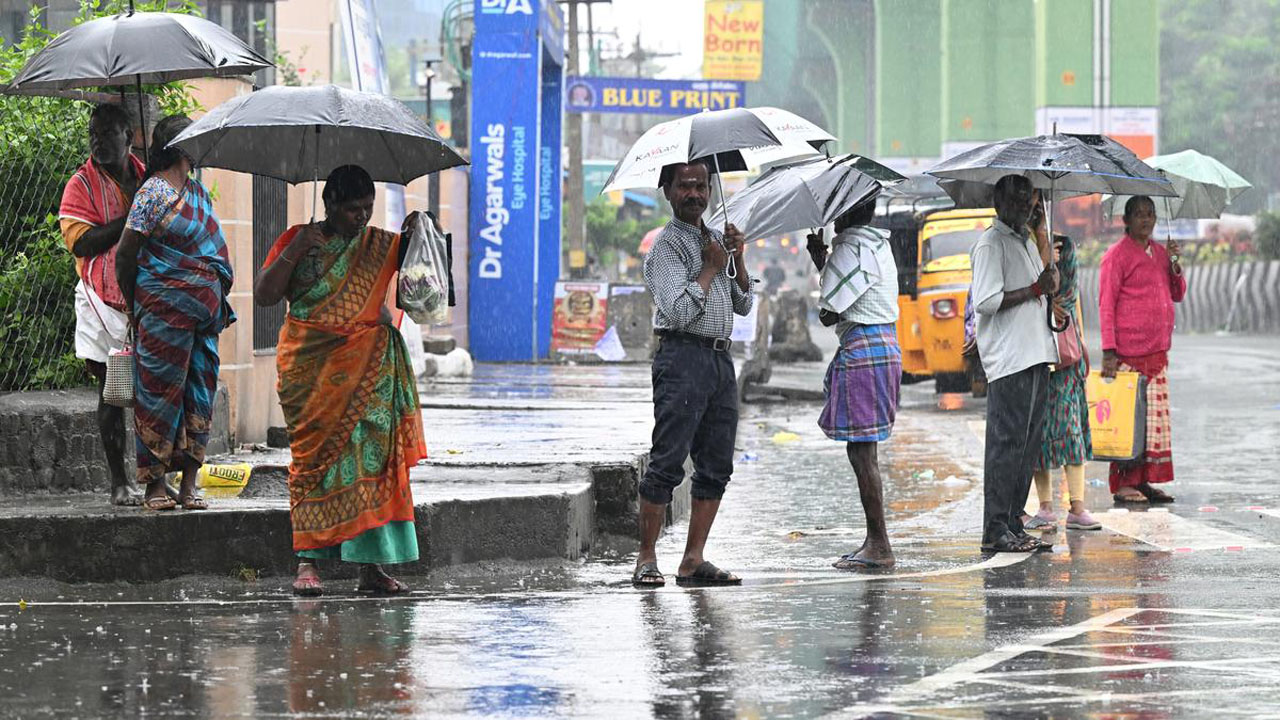Now Reading: Maroon 5 Mumbai Concert: A Ticket to Mediocrity?
-
01
Maroon 5 Mumbai Concert: A Ticket to Mediocrity?
Maroon 5 Mumbai Concert: A Ticket to Mediocrity?

With just one night left until Maroon 5 takes the stage at Mumbai’s Mahalaxmi Racecourse, a curious observation has emerged: the concert hasn’t quite sold out. While the band’s global popularity is undeniable, the lukewarm response in India raises questions about the factors influencing ticket sales.
A Star-Studded Lineup and a Pricey Affair
The concert, organized by BookMyShow Live in partnership with Live Nation, was initially met with excitement. The prospect of witnessing a live performance by the Grammy-winning band, known for hits like “Moves Like Jagger” and “She Will Be Loved,” was undoubtedly alluring. However, the ticket prices, ranging from ₹7,999 to ₹24,999, proved to be a significant barrier for many fans.
A Weekday Concert: An Unconventional Choice
One factor that could have impacted ticket sales is the timing of the concert. Scheduled on a Monday, it clashed with the regular workweek for many potential attendees. While dedicated fans might have adjusted their schedules, it’s possible that the weekday timing deterred casual listeners.
The Diminishing Appeal of Pop Music in India?
Another potential reason for the slower-than-expected ticket sales is the evolving music landscape in India. While international pop acts have historically drawn large crowds, the increasing popularity of regional music and independent artists has diversified the preferences of Indian audiences.
A Missed Opportunity for a Grander Stage?
Given Maroon 5’s global stature, it’s surprising that the concert wasn’t held in a larger venue. A stadium concert would have allowed for a more immersive experience and potentially attracted a wider audience. The Mahalaxmi Racecourse, while iconic, may not be the ideal setting for a band of this caliber.
The Impact of Scalping and Resale
Scalping and resale of tickets can also affect the perceived availability of tickets. While BookMyShow has implemented measures to combat these practices, it’s possible that some tickets were purchased with the intent to resell them at inflated prices, further limiting the number of genuine fans who could attend the concert.
A Lesson for Future Concerts?
The lukewarm response to Maroon 5’s Mumbai concert serves as a valuable lesson for future concert organizers. Careful consideration must be given to factors such as pricing, timing, venue selection, and the overall appeal of the artist to the target audience. By addressing these factors, organizers can ensure the success of future international concerts in India.
A Final Note
While the ticket sales for Maroon 5’s concert may not have met expectations, it’s important to remember that the band’s performance could still be a memorable experience for those who do attend. However, the lukewarm response raises questions about the future of international pop concerts in India and the evolving preferences of Indian music fans.
Additional Points to Consider:
- Economic Factors: The current economic climate in India may have influenced purchasing decisions, especially for higher-priced tickets.
- Competition from Other Events: The concert’s date may have coincided with other events, such as festivals, sports matches, or cultural celebrations, which could have diverted attention and potential attendees.
- Marketing and Promotion: The effectiveness of the marketing and promotional campaign for the concert could have played a role in generating interest and driving ticket sales.
- The Band’s Current Popularity: While Maroon 5 remains a popular band, their recent musical output and public image may have impacted their appeal to younger audiences.
Ultimately, the factors contributing to the slower-than-expected ticket sales for Maroon 5’s Mumbai concert are multifaceted. A combination of pricing, timing, venue selection, and the evolving music landscape in India likely played a role. As the Indian music industry continues to grow and diversify, it will be interesting to see how future international concerts are received and how organizers adapt to the changing preferences of the audience










